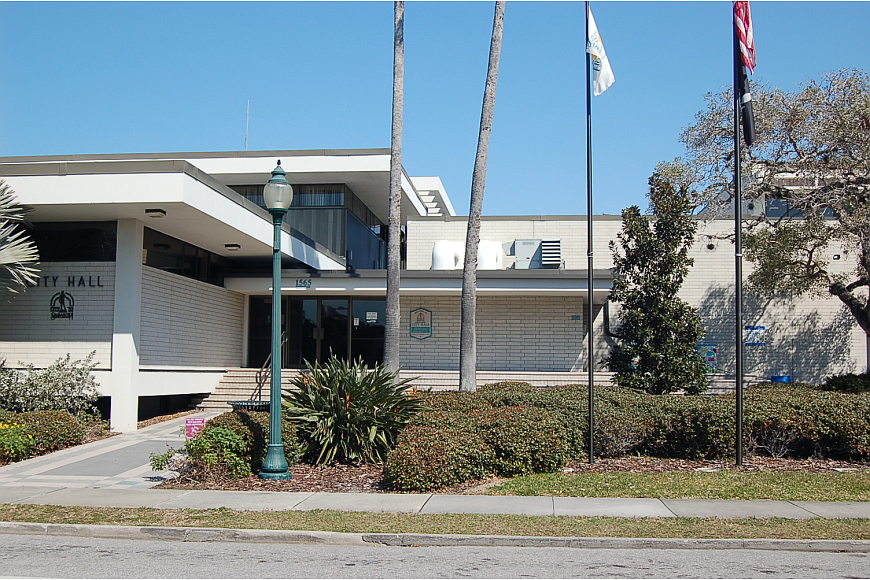- November 23, 2024
-
-
Loading

Loading

For as long as I can remember, the city of Sarasota has relied on its own weirdly out-of-sync elections calendar.
And though our every-two-years March commission elections have never resulted in higher than a 23% turnout, some would argue that’s a good thing, proof positive that the rest of you/us just aren’t all that interested in by whom and how our city is governed. Well, as it turns out, plenty of us are interested and on Jan. 19, when the question of moving our elections to coincide with national, state and county elections comes before the City Commission, we will have a chance to prove it.
Here are a few points to consider:
Moving the elections for City Commission to coincide with the August primary and November general election will boost turnout in the November runoff threefold. With more voters participating, the importance of city government — the government closest to its people — will be elevated.
Whereas now, candidates running for the City Commission in March must only persuade a select predictable number of their constituents that they are the right guy or gal for the job, commissioners running to be elected in November will be compelled to be to work harder to develop, and then, be accountable to a broader, more diverse constituency to win election. Work harder and be more accountable — who can argue against that?
The individuals who are in favor of maintaining the status quo cite two main concerns: partisanship and money. They will also claim that because many of the competitive primaries in Sarasota for county and state offices occur within the Republican Party, the city primary races in August would be disproportionately impacted by the ideological preferences guiding voters’ choices at the top of the ballot. But let’s see if it holds water.
In 2015, Liz Alpert, a registered Democrat, prevailed in a runoff in District 2 ,where party registration favors Republicans. In the May 12 runoff, more Republicans (1,756) cast their ballots than Democrats (1,685), yet Alpert won. Back in 2011, in District 3, where party registration favors Democrats, Shannon Snyder, a Republican, received 56% of the vote. Let’s not discount the acumen of our city’s electorate. City voters have demonstrated election after election that party affiliation is only one of many criteria they use when selecting their leaders.
In an article published in the Observer, one critic asserted that “whoever has the biggest war chest,” would come out on top on Election Day. In the 2015 election, Commissioner Eileen Normile spent $43,144 to retain her seat, while her opponent, Liz Alpert, won spending $34,250. Former Mayor Mary Ann Servian spent $70,580.85, yet lost to Richard Clapp, who spent $20,756. Richard Dorfman spent $62,116 and lost to Susan Chapman’s $28,650 and Vice Mayor Atwell’s $33,703. Money in recent times has been a less than dependable predictor of electoral outcomes in the city of Sarasota.
When your neighbor asks why you support moving the city elections to August and November, have these facts ready to share with them:
By placing our city commissioners on the same ballot as our president, we underscore the importance of local elections, triple turnout, increase voter engagement and ensure accountability. Together, we can move Sarasota forward! Move the vote.
Gabriel Hament is a former Sarasota area political consultant who managed Sarasota City Commissioner Liz Alpert’s campaign.